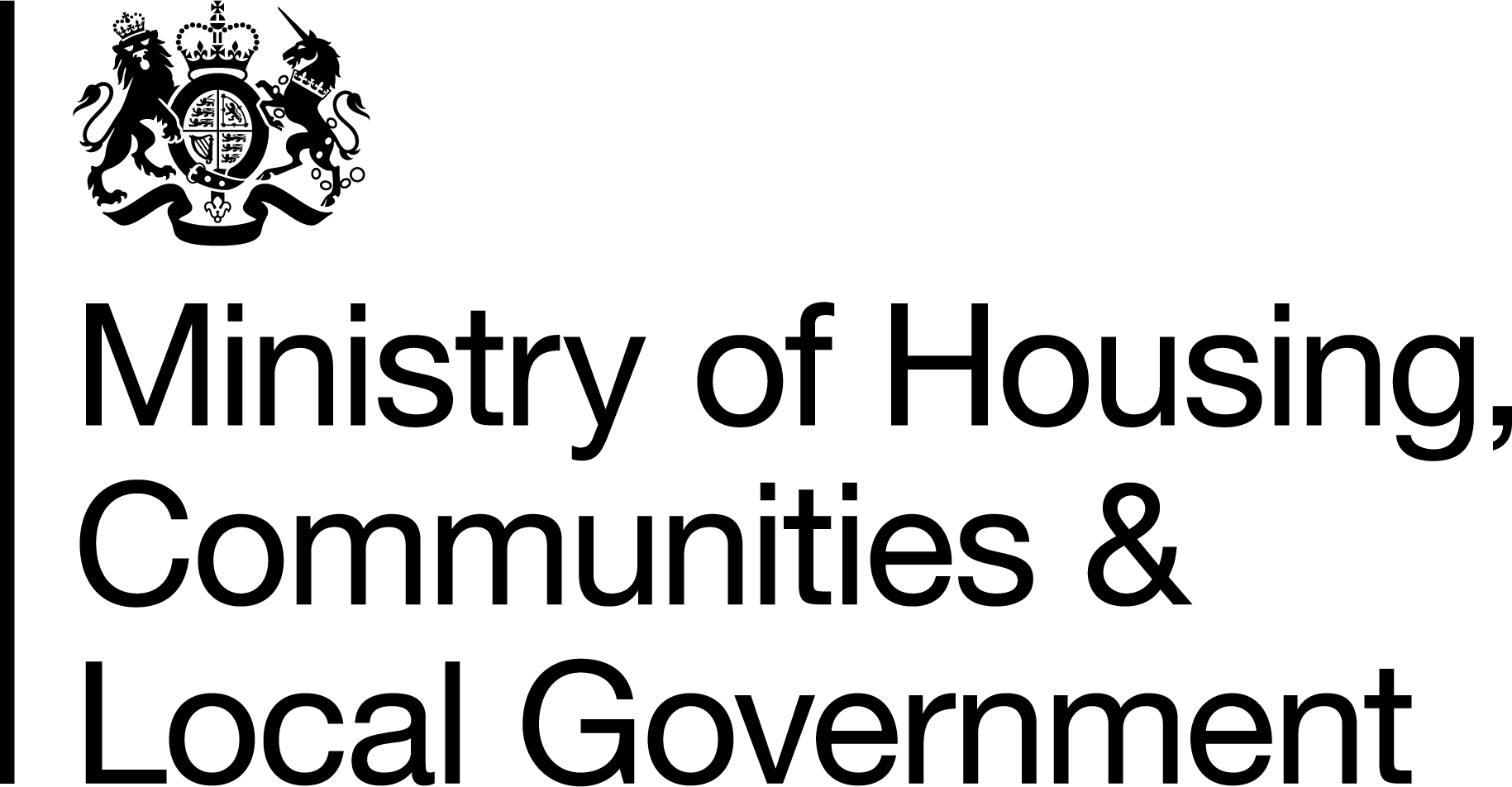Awaab's Law: Consultation on timescales for repairs in the social rented sector
Overview
On 21 December 2020, Awaab Ishak died as a result of a severe respiratory condition due to prolonged exposure to mould in his home. His parents had complained to their landlord, who not only failed to take action to address the hazards in the Ishak family’s home, but in fact blamed the family for the extensive mould in the property. The tragic death of Awaab brought to light the urgent need to eradicate these hazards from social homes and improve standards across the sector. The goal must be to ensure that this tragedy never occurs again, and that all social renters have access to the safe and decent social homes they deserve.
Following the death of Awaab, Manchester Evening News, Shelter and the Ishak family led a campaign for ‘Awaab’s Law’. The Secretary of State for Levelling Up, Housing and Communities gave his backing to campaigners’ calls for Awaab’s Law, and the department has worked carefully through the campaign’s recommendations, discussing them with representatives of the Ishak family and campaigners.
On 20 July 2023, Awaab’s Law entered the statute book through Clause 42 of the Social Housing (Regulation) Act. Awaab’s Law effectively inserts into social housing tenancy agreements a term (called an implied term) that will require landlords to comply with new requirements, to be set in detail through secondary legislation. This means all registered providers of social housing (also referred to as ‘social landlords’) will have to meet these requirements and, if they fail to do so, tenants will be able to hold their landlords to account by taking legal action through the courts for a breach of contract.
This consultation seeks views on the specific requirements to be set and how these obligations will impact on residents and landlords. In particular, we are consulting on proposals for:
-
timescales for initial investigations of potential hazards;
-
requirements to be placed upon landlords to provide written summaries of investigation findings;
-
timescales for beginning repair works;
-
timescales for completing repair works;
-
timescales for emergency repairs;
-
the circumstances under which properties should be temporarily decanted to protect residents’ health and safety; and
-
requirements to be placed upon landlords to maintain adequate record keeping throughout repair works.
What happens next
Following the consultation, responses will be analysed, and a response published in due course. We will then bring forward secondary legislation to bring Awaab’s Law into force as soon as practicable.
We would like to thank everyone who submitted evidence to support the development of this consultation, and we thank in advance respondents to the questions set out in the following chapters.

Share
Share on Twitter Share on Facebook